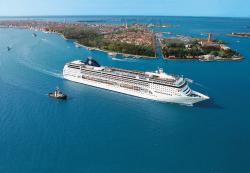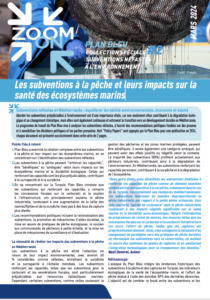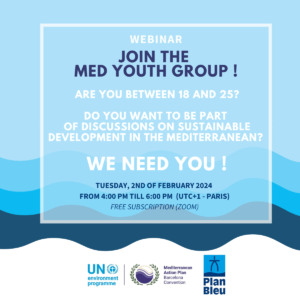
- Plan Bleu
Plan Bleu's missions
Make the Mediterranean a cooperation area for sustainable development
- themes
- projects
Projects in the news
- Ressources
- publications
Last publications
- Events
In the news
Last events
- Plan Bleu
Plan Bleu's missions
Make the Mediterranean a cooperation area for sustainable development

Providing socioeconomics insights for the appropriate management of Mediterranean resources

Facilitate a science – political and civil society interface

Supporting the transition towards a green and blue economy

Design possible futures for sustainable development

Observer of the environment and development to inform governments and the general public
- themes
- projects
Projects in the news
- Ressources
- publications
Last publications
- Events
In the news
Last events

Tourism in the Mediterranean: a driving force for sustainable development?
Key figures
Rate of cruise industry in international tourism: 1.8% of international arrivals in 2009
Growth of cruise from 1995: 106% between 1995 and 2000, 55% between 2000 and 2005, 57% between 2005 and 2009
Percentage of economic leakage in the case of Alanya: 85% of tourism revenues (estimation)
Percentage of GDP redistributed for wealthiest elements of Alanya’s population: 44,4% in 1980; more than 56% in 2009
Partners
More information
Tourism in the Mediterranean: a driving force for sustainable development?
Cruise and recreational boating in the Mediterranean
Towards an observatory and a “quality label” of tourism sustainability in the Mediterranean
Programme of activities for 2009-2012 Tourism and sustainable development in the Mediterranean

Mass tourism is a lucrative business for large international chains, but the example of cruise illustrates that the link between the economicgrowth and the social transformation of destinations remains problematic.
The economic outcomes of the cruise industry for national destinations
In terms of economic outcomes, the ports of departure receive the most revenue. Big firms (mainly cruise lines) monopolise an entire segment of the offer: reservations, airline arrivals and in-port accommodation, excursions in ports of call, etc.
The economic outcomes for the ports of call, particularly in Greece, are much smaller and do not always outweigh the negative externalities: water and energy consumption, waste generation, traffic congestion, adverse impacts on seabeds due to cruise ship anchors, sense of invasion of local people.
Encourage redistribution of tourism added value providing benefits for territories
If the cruise industry’s aim consists in generating economic benefits in the local area, countries must combine different factors: cruise ship production, a high ratio of ports of departure to ports of call and a considerable number of overnight stays. In the Mediterranean, only Italy manages to combine these different factors.
For each of the 9 Mediterranean destinations studied, landbased tourism represents an average of 0.4 direct jobs per bed. When the effects of seasonality are limited, the monthly employment rate is better spread out over time (at approximately 10% per month) and contracts for tourism employees are less precarious. Benefits of growth are not always well redistributed in the territories. Economic leakage for tourism revenues is frequently noticed. In Türkiye, it is estimated that nationally between 51% and 60% of revenue from package tours organised by foreign tour operators is not injected into the Turkish economy.
Include tourism areas in the implementation of territorial development projects
Tourism activities are frequently disconnected from economic, social, environmental and cultural contexts of the places where it operates. It is thus necessary to situate tourist destinations within territorial projects to plan tourism strategically, in line with other activities and the economic, social, environmental and cultural potential of each area.
To encourage tourism territories’ development, Plan Bleu suggests to:
- Work closely with local players to structure public spaces for participation to develop local plans of action aimed at enhancing their degree of sustainability;
- Support the creation of mechanisms for monitoring and supporting the implementation of those action plans.
Publications
News
Subscribe to the newsletter
Subscribe to Plan Bleu’s newsletter to stay updated



-
Plan Bleu
Tour la Marseillaise
2 bis, Boulevard Euroméditerranée
Quai d'Arenc
13002 Marseille - France - [email protected]
- +33 (0)6 43 08 20 23
“
Building the Mediterannean’s future together
“







